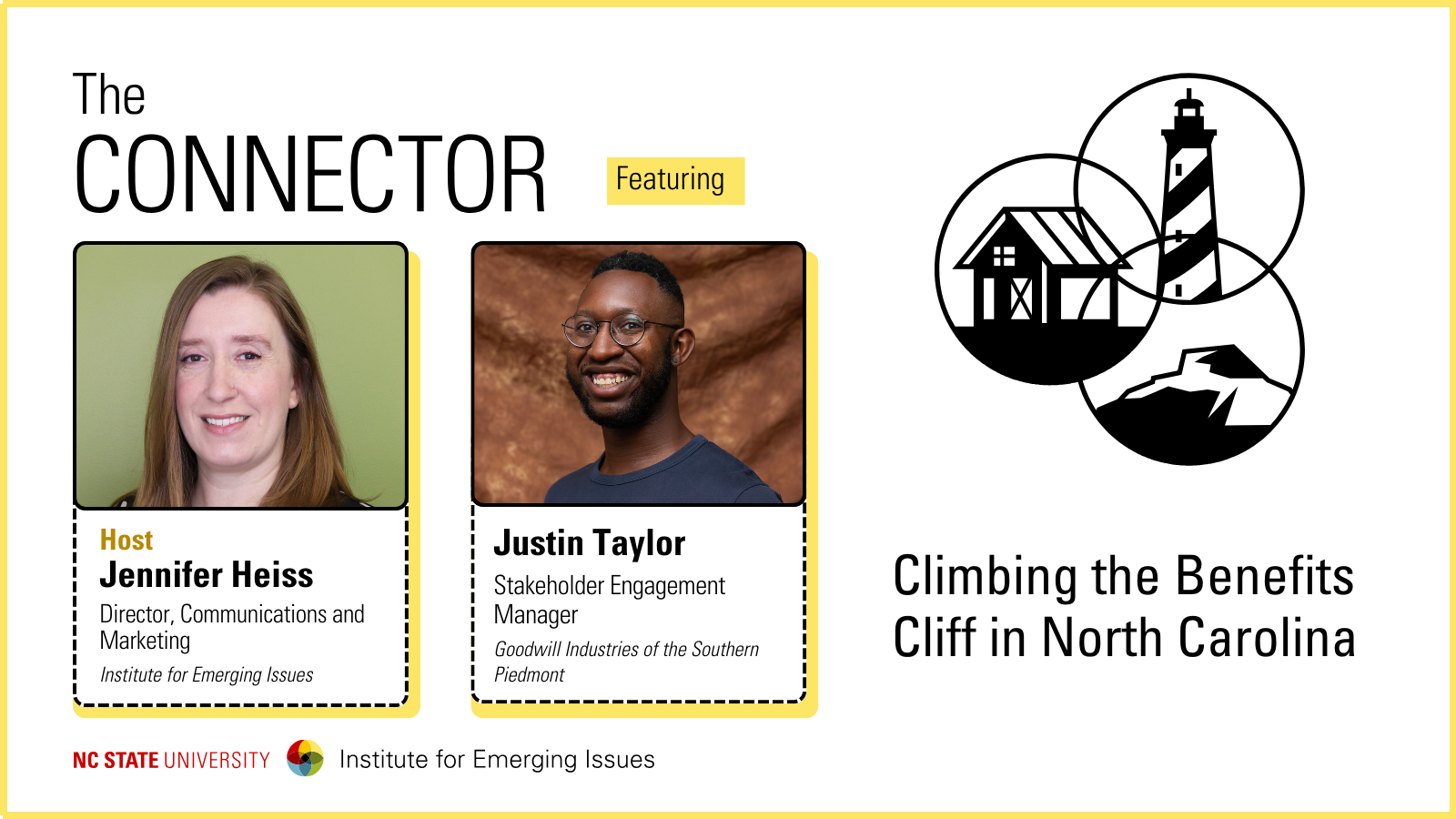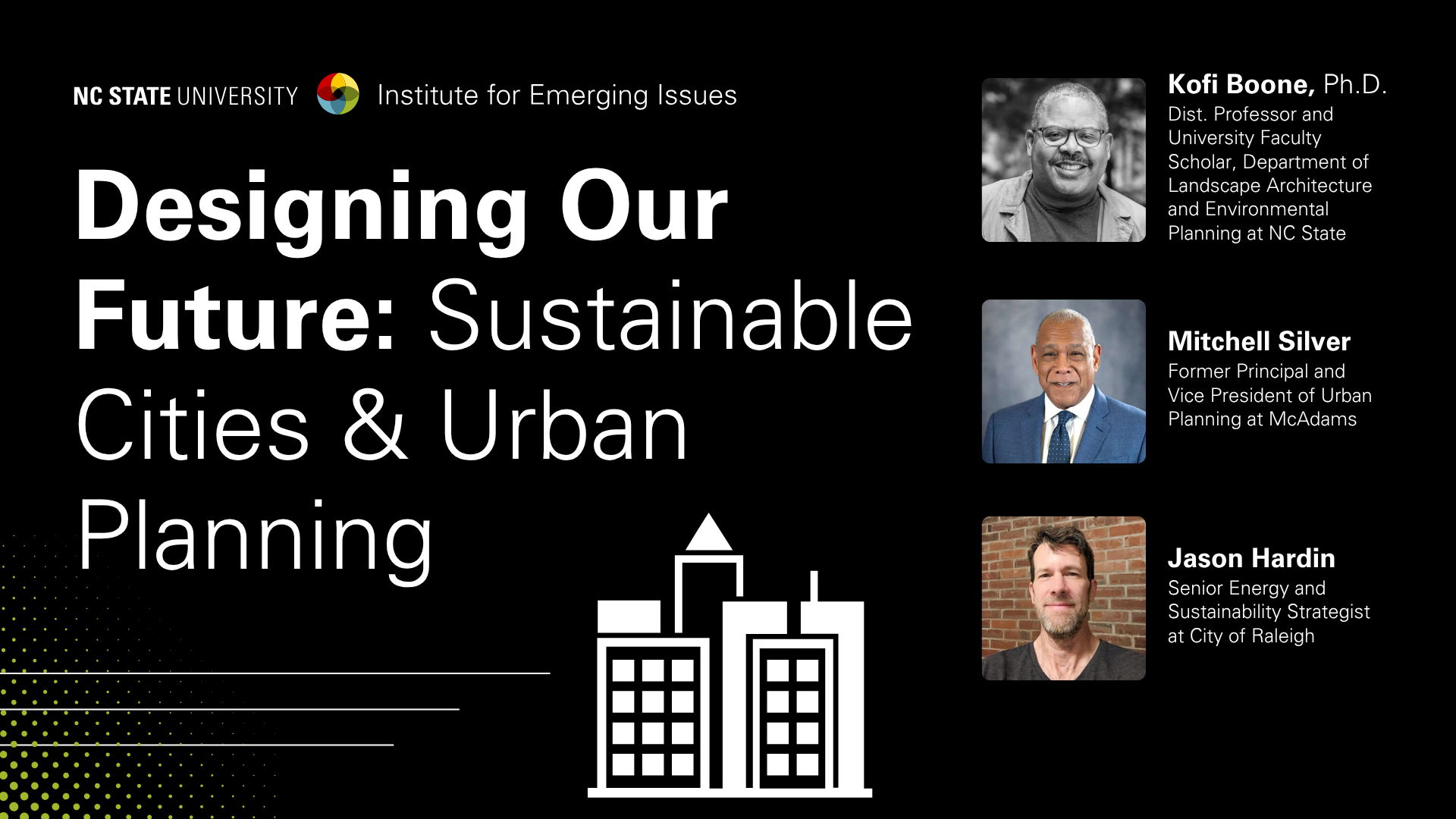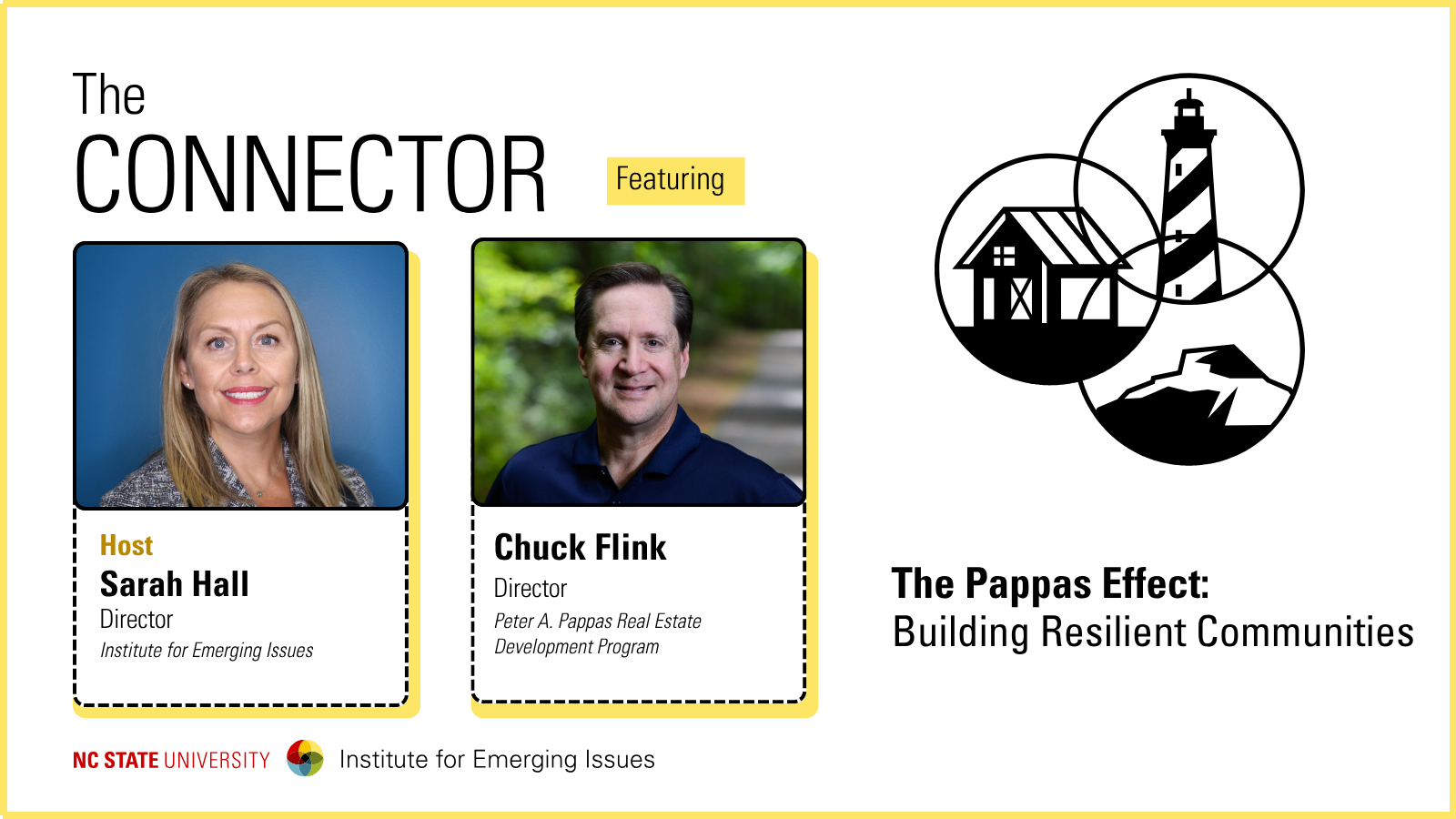First in Future: Center for Creative Economy Executive Director Margaret Collins
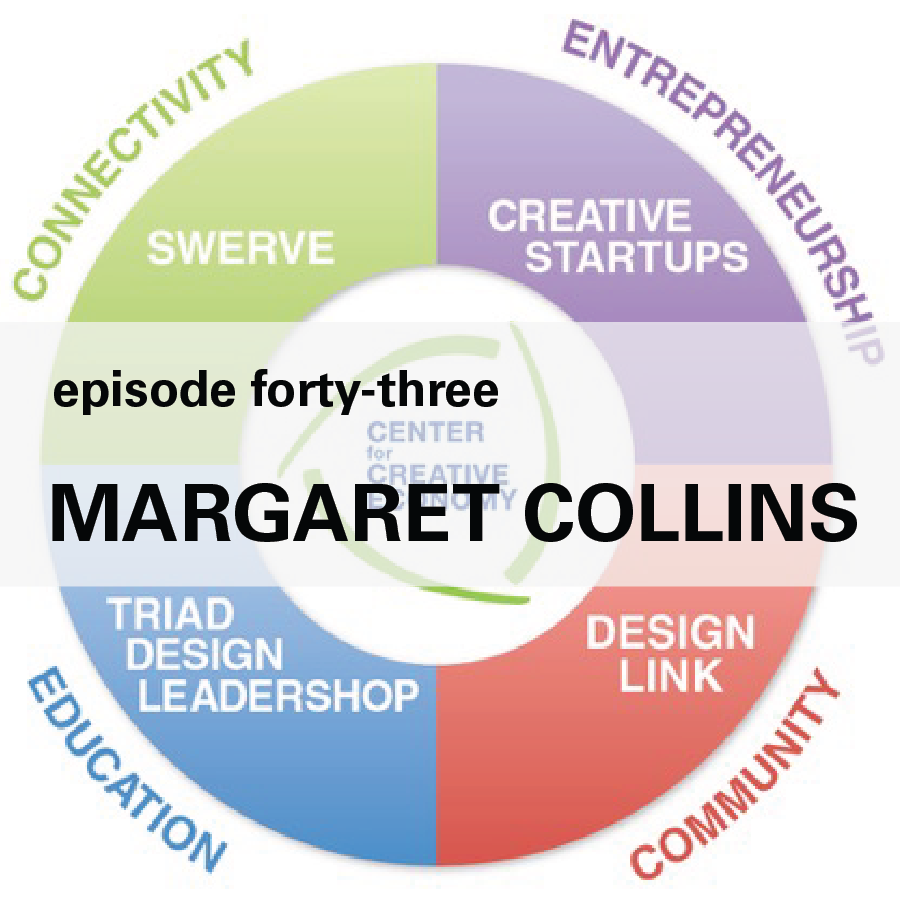
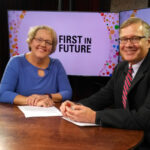 Summary:
Summary:
What sector of North Carolina’s economy is comprised of 380,000 people, pays $16 billion in wages each year, and generates another $200 million in tax revenue? This week’s guest is Center for Creative Economy’s Founding Executive Director Margaret Collins, who spearheaded an effort to examine our state’s “creative economy” (yes, that’s the answer to the above question in case you’re wondering!). She set out to identify the number of creative industries working in North Carolina and to determine their overall impact to our state’s economy – and it’s no small contribution. Listen this week as we talk about the importance of creative thinking in business, North Carolina’s film industry, and what type of instrument our state would be in an orchestra.
This installment of First in Future is part of a special TV series produced in collaboration with UNC-TV, and recorded in UNC-TV’s Legislative Studio in downtown Raleigh. Taped segments will air on the North Carolina Channel. Visit www.ncchannel.org/schedule/ for specific air dates.
Excerpt: “We need to be the leader, helping pave the way for everything that’s going on in our country – and I think we have that opportunity.”
Book recommendations: The Compound Effect by Darren Hardy and The Entrepreneur Mind by Kevin Johnson
What key issues should we be working on within the next couple of years to make North Carolina a better place? Healthcare – and the civil discourse between our elected officials and citizens.
What do we need to focus on to be ready for the next 20 years? Embrace technology as a tool that doesn’t control our lives, but augments them. The state also needs to support the development of new technologies and be on the forefront.
Next great North Carolinian to watch? The winners of the 2016 Creative Startup Accelerator, Embodied Labs, who provide “embodied virtual reality labs” for healthcare training. This team of creatives use storytelling, science, and immersive creative design to help doctors better understand the patient experience.
Listen to the podcast:
- Categories:

